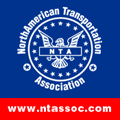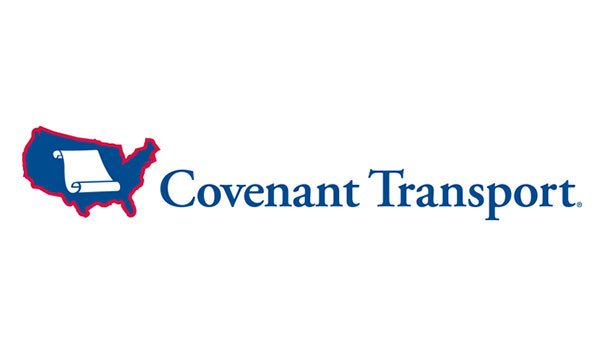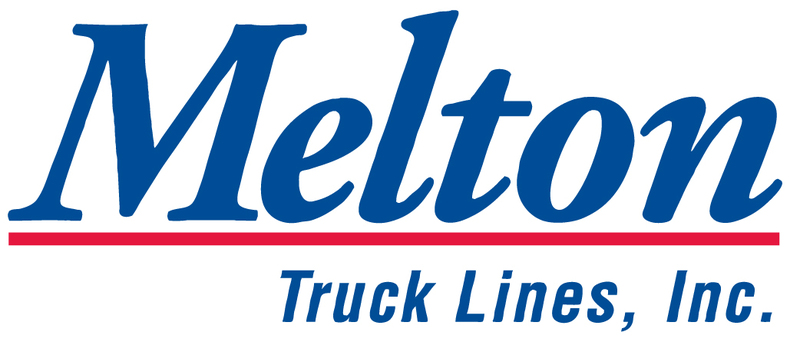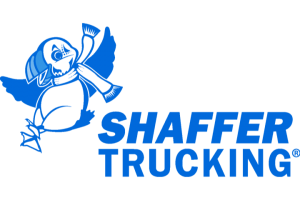What is the Difference Between Freight Forwarders and Brokers?
Prior to the ICC Termination Act of 1995, Freight Forwarders of property were exempt from having any authority from the Interstate Commerce Commission. Since the elimination of the ICC, Freight Forwarders now have to obtain authority.
There appears to be some confusion as to what is a Freight Forwarder and what is a Broker. The following information about Freight Forwarders and Brokers comes direct from the Federal Highway Administration.
Individuals performing the functions of freight forwarder and also performing the functions of a broker can have both authorities. If the same individual is actually performing the transportation by vehicle, then the individual will have carrier authority also.
Each authority available from the Federal Highway Administration is distinct and separate from each other. Each authority available is with a different purpose. Having carrier authority does not permit one to broker freight or to be a freight forwarder and visa versa.
Freight Forwarders are issued an FF- number while brokers and carriers are issued MC- numbers. Freight Forwarders cannot transport freight from one state to another as there is no provision for Freight Forwarders to obtain single state registration - which is registering the authority in the States.
When you read the following from the Federal Highway Administration you will see that there is a distinct difference between freight forwarders and brokers, and if you are performing any of the services of each of the authorities then you should have both authorities.
FREIGHT FORWARDER
Freight Forwarder: A Company that arranges for the truck transportation of cargo belonging to others, utilizing for-hire carriers to provide the actual truck transportation. The Forwarder does assume responsibility for the cargo from origin to destination and usually does take possession of the cargo at some point during the transportation. Forwarders typically assemble and consolidate less-than-truckload (LTL) shipments into truckload shipments at origin and disassemble and deliver LTL shipments at destination. Forwarders must register with FHWA by filing a Form OP-1 (FF).
Prelicensing Requirements for Freight Forwarder: Freight forwarders that perform transfer, collection, and delivery service must have on file evidence of appropriate levels of bodily injury and property damage (BI&PD) (BMC91 or BMC-91X) insurance and environmental restoration coverage. The dollar amounts in parentheses represent the minimum amount of bodily injury and property damage (liability) insurance coverage you must maintain and have on file with the FHWA. If the freight Forwarder will operate vehicles having Gross Vehicle Weight Ratings (GVWR) of 10,000 pounds or more to transport they must have $750,000 - $5,000,000 depending on commodities transported; $300,000 for nonhazardous freight moved only in vehicles weighing under 10,000 lbs. Cargo insurance (BMC-34) must be on file at the FHWA with a minimum of $10,000.
Freight forwarders exemption from liability (BIPD) insurance requirements and certifies that in its forwarding operations it: (1) will not own or operate any motor vehicles upon the highways in the transportation of property; (2) Will not perform transfer, collection, or delivery services; and (3) Will not have motor vehicles operated under its direction and control in the performance of transfer collection, or delivery services.
BOC-3 (Process Agents): A process agent is a representative upon whom court papers may be served in any proceeding brought against a carrier or broker. Every motor carrier authorized to operate nationwide must list the name and address of an agent for each state. Brokers are required to list process agents in each state in which they have an office and in every state in which they write contracts.
BROKER
Broker: Also a company that arranges for the truck transportation of cargo belonging to others, utilizing for-hire carriers to provide the actual truck transportation. However, the Broker does not assume responsibility for the cargo and usually does not take possession of the cargo. Brokers must register with FHWA by filing a Form OP-1.
Prelicensing Requirements for Broker: A surety Bond (BMC-84) or Trust Fund Agreement (BMC-85) in the amount of $10,000 must be on file at the FHWA.
BOC-3 (Process Agents): A process agent is a representative upon whom court papers may be served in any proceeding brought against a carrier or broker. Every motor carrier authorized to operate nationwide must list the name and address of an agent for each state. Brokers are required to list process agents in each state in which they have an office and in every state in which they write contracts.
Basically brokers are not freight forwarders and freight forwarders are not brokers.
Written by: Rex Evilszor















